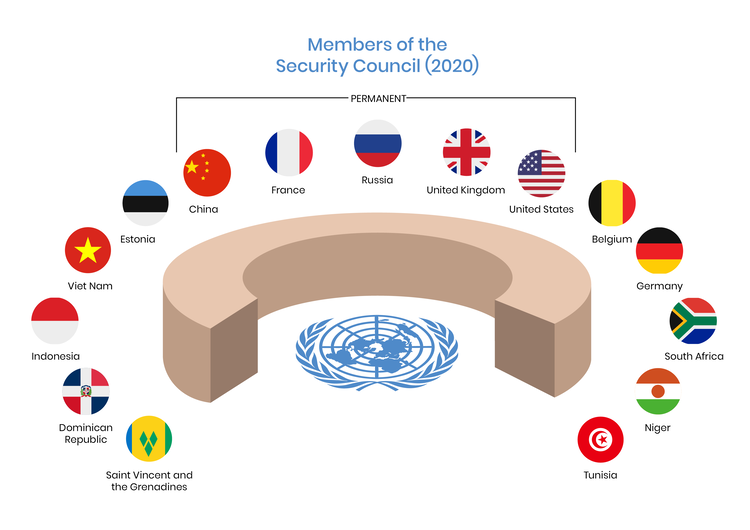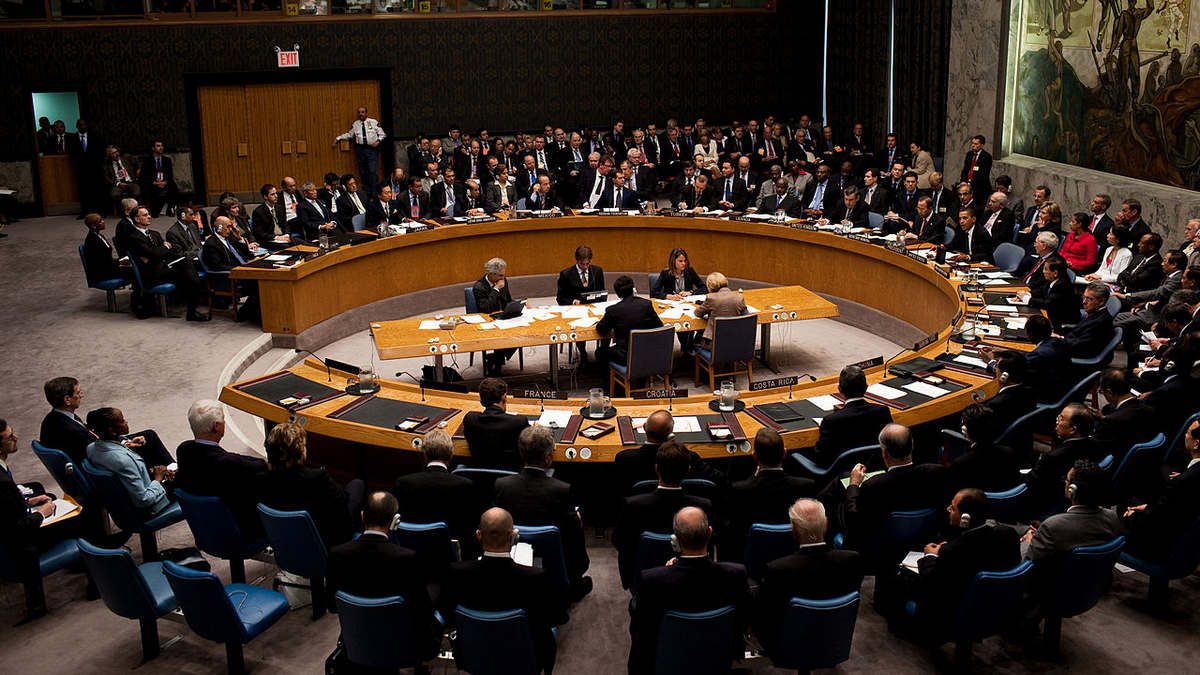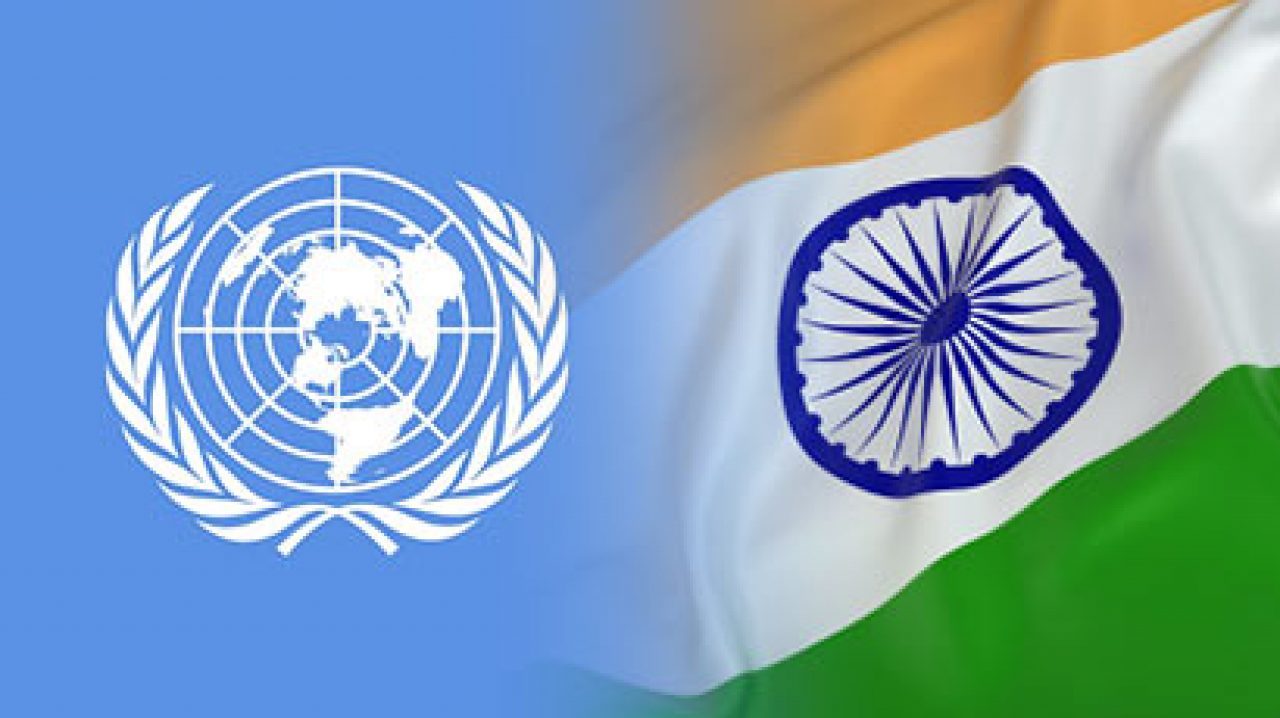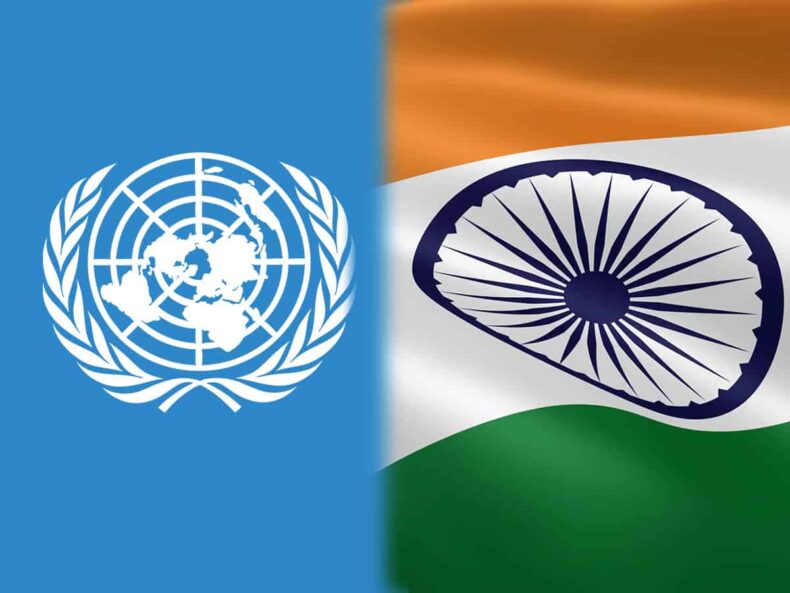Indian Minister for external Affairs S. Jaishanker Who just got back from a weeklong trip to the UN and said it’s much too early to comment on India acquiring veto power in the Security Council Indian Minister of External Affairs S. Jaishanker Who just got back from a weeklong trip to the UN and said it’s much too early to comment on India acquiring veto power in the UNSC.

When it comes to security, how is the council set up?
Two groups: Permanent P5 (China, France, Russia, the United Kingdom, and the United States). Each can block a resolution. Ten members: The UN Security Council has five permanent and 10 rotating temporary members. Not voting. World War II sparked the restriction that only five members can veto. The United States, Soviet Union, and the United Kingdom constructed the postwar political order.

THE REASONS WHY THE UNSC REQUIRES REFORMS
Geopolitical situation has changed, but Security Council membership and methods haven’t.The United Nations Security Council (UNSC) has changed little since 1945, when the Allied powers created a Charter that favoured their interests and granted them “permanent” seats with veto power. Changes overdue.
The UNSC added four nonpermanent members in 1963.. Even if the number of UN members has expanded from 113 to 193, there has been no change to the make-up of the UN Security Council.
There is a significant imbalance between the economic and geographical presence of Europe and Asia. Neither Africa nor South America are represented in any way.
Legitimacy and credibility crisis, due to stalled reform agenda and other difficulties like as its responsibility-driven actions in Libya and Syria.
North-South Gap: The large North-South gap in security-related decision-making is reflected in the composition of the permanent United Nations Security Council. Even though the majority of its efforts are concentrated on the African continent, the organisation has no permanent members from the region.
Growing global economic interconnectedness, declining environmental quality, and transnational dangers need successful multilateral talks. The five permanent UNSC members make all significant decisions. Source: Commons
Source: Commons
AREA OF REFORM IN THE UNSC
Internal reform is crucial for the UNSC’s credibility and representation overseas. UNSC reform covers five essential points: The Security Council’s lack of democracy and representation has been a source of concern for years, and some member states have pushed to expand it. The dispute over whether new members should be permanent and have veto power is a fundamental hurdle to Security Council reform. China, France, Russia, the UK, and the US hold veto power in the UN Security Council. This power has been debated since the 1945 UN Charter. Recent threatened and actual vetoes have renewed interest in the veto after 75 years.
Current Security Council reform talks focus on adding additional members to properly represent the world’s regions. New global powers drive the Council’s membership expansion. Adding single-state members may raise regional competition and reduce cooperation. Alternatively, regional organisations or blocs might replace states as permanent members.
The Security Council has taken steps to increase its transparency and effectiveness in recent years. “Cluster2” changes haven’t aroused as much debate as increasing the UN Security Council since they don’t require a Charter modification. The Security Council consults with NGOs and holds more public meetings than before.
If the Security Council and General Assembly could communicate better, the Council would have more facts and views to consider. Transparency, accountability, and legitimacy of the Council are reinforced when General Assembly member states feel consulted and heard on international peace and security problems that impact them.
WHY DOES INDIA WISH TO BE A PERMANENT MEMBER?
India (or any other nation) would prefer a permanent seat on the UN Security Council for two reasons: First, the veto power, which India might use to defend its interests against Pakistan; and (just like Russia did last year over the civil war in Ukraine)
Second, the prestige that comes with permanent participation in a multilateral organisation. India’s elevation will also be a recognition of its emergence as a global force capable of playing a pivotal role in achieving the council’s goals of world peace and security. Source: Diplomatist
Source: Diplomatist
Arguments in favour of India’s membership on the UN Security Council
One-sixth of the world’s population. India is in a good position to introduce democratic ideals to the UN Security Council, which is often accused of favouring a narrow set of countries over the interests of the international community as a whole. This year, India’s economy surpassed the U.K. and France to become the world’s fifth largest.
Inflation-adjusted GDP ranks third. Third-largest military spender after the US and China; responsible nuclear power. Since UNPKO’s start, India has contributed 180,000 people to 44 missions. India is one of the biggest UN financial contributors.India has not only played a role, but has taken the lead, in international issues such as climate change, ozone depletion, counter terrorism, rule-based global order, etc. Participant in the Group of Four (G4), which includes Brazil, Germany, India, and Japan and which advocates for each of their memberships on the United Nations Security Council. Though India’s participation would be beneficial, there are many obstacles to overcome and arguments to counter from a variety of countries













